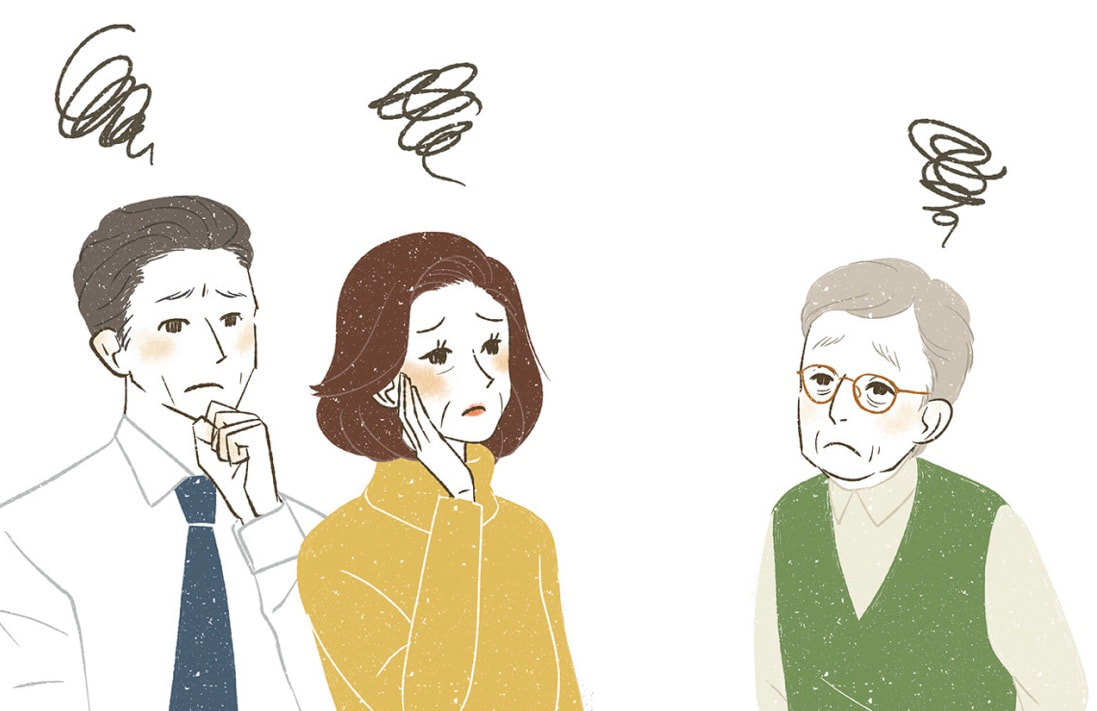Colorectal Cancer (CRC) Screening
Almost every day I may have the question from a patient on when to stop colorectal cancer screening. Event tough may vary with age and preference, here is a summary of current guidelines.
Colorectal cancer (CRC) is the fourth leading cause of cancer and second leading cause of mortality from cancer in the United States. As the population ages, decisions regarding the initiation and cessation of screening and surveillance for CRC are of increasing importance. In elderly patients, the risks of CRC and the presenting signs and symptoms are similar to those in younger patients. Screening and ongoing surveillance should be considered in patients who have a life expectancy of 10 years or more. Life expectancy estimates can be calculated using online calculators. If screening is deemed appropriate, the choice of which test to use first is unclear. Currently, there are a number of modalities available to screen for CRC, including both invasive modalities (eg, colonoscopy, sigmoidoscopy, capsule colonoscopy, and computed tomographic colonography) and noninvasive modalities (fecal immunochemical test, stool DNA testing, and blood testing). Colonoscopy and other invasive testing options are considered safe, but the risks of complications of the bowel preparation, the procedure, and sedation medications are all increased in older patients. In contrast, noninvasive testing provides a safe initial test; however, it is important to consider the increased false-positive rates in the elderly, and a positive test result will usually necessitate colonoscopy to establish the diagnosis.
People older than age 75 who have been getting regular colon cancer screening since age 50 and who have had consistently negative screenings no polyps (adenomas) or colon cancer and are not at an increased risk of colon cancer because of family history may not need to continue getting routine screening. That’s according to colon cancer screening guidelines issued by the U.S. Preventive Services Task Force (USPSTF) and the American College of Physicians (ACP).
Ongoing screening and surveillance after 75 should be a shared decision-making process with the patient based on multiple factors including the patient’s morbidity and mortality risk from CRC and his or her underlying comorbidities, the patient’s functional status, and the patient’s preferences for screening. Ultimately, the decision to initiate or discontinue screening for CRC in older patients should be done based on a case-by-case individualized discussion. Hope it helps. Let’s celebrate aging!!










